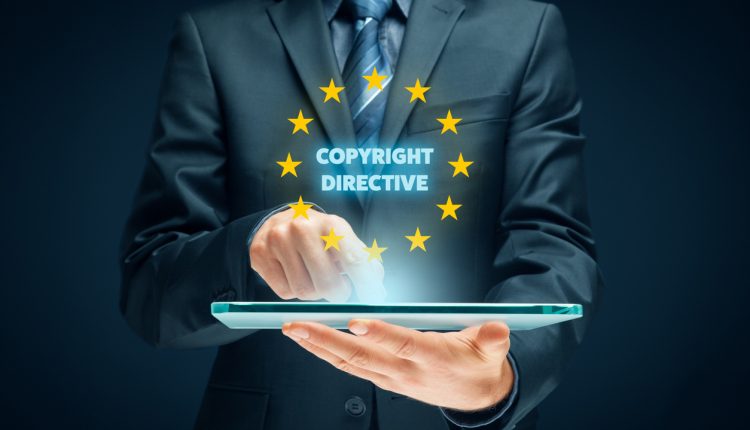Are the EU’s New Copyright Rules Set to Break the Internet?
After two years of debate, on 27 March 2019 the European Union Parliament has finally approved the new legislation known as the Directive on Copyright in the Digital Single Market.
The Directive will become law upon its expected approval by the EU member states. EU member states will then have two years to implement it. Here Ron Moscona, Partner at Dorsey & Whitney, talks to Lawyer Monthly about everything you need to know on the directive.
The Directive covers a broad range of issues, mostly introducing minor changes to existing rules. Two provisions in particular attracted most attention, largely due to heavy lobbying by the Internet industry. One (previously known as Article 11, now in Article 15 of the Directive) concerns the reproduction online of news headlines and other news content. The second (known as Article 13, now in Article 17 of the Directive) concerns content posted by users for publication or circulation on digital platforms.
The legislation was passed by the EU against the backdrop of mass demonstrations in some places and an outcry from activists and commentators concerned about a perceived attack on free speech and the free flow of content online. Even the inventor of the Internet protocol spoke against it. The fear is that the new rules will lead to self-censorship and wholesale blocking of user-generated content.
The reality is much more nuanced.
The main focus of the legislation and its stated objective are not so much the removal of content from cyberspace on grounds of copyright infringement; rather, it is to strengthen the hand of right holders in licensing negotiations with digital platforms.
The legislation proceeds on a perceived economic imbalance. The EU takes the view that digital platforms generate great profits on the back of mainly free services that allow unlicensed copyright materials to be distributed with impunity, whilst the copyright owners see a paltry share of the revenue.
The law as it stands – in Europe and elsewhere including in the US – does not sanction the infringement of copyright online. Anyone who uploads or publishes infringing materials can be sued. But the law does not provide cost effective tools to pursue individual users and at the same time it provides hosting platforms with immunity, as long as they remove content in response to “take down” notices. This arrangement, according to the EU, produces unfair results to right holders.
The intention behind the so called Articles 11 and 13 rules is to provide right holders with stronger tools to enforce their rights online. It is expected that this will give them leverage in negotiating deals with content sharing platforms, search engines and other digital services that host content, so that they can extract a greater share of the revenue generated by the services, through licensing arrangements that will legitimise the use of the content online.
So this is about money, not really about censorship.
Whether the legislation will achieve its stated aims is an altogether different question. EU officials have touted it as a great rebalancing act which will finally allow creators to have a proper share of the economic benefits generated from their works, giving credit where credit’s due. But the legislation has been rightly criticised for being vague and complex and it is far from clear how it is supposed to work in practice.
EU member states will now have to implement the Directive and to put some flesh on its bare bones. As it is, the legislation is little more than a set of aspirational ideas. Somehow, it will have to be translated into workable legal processes.
Another issue of concern is that compliance with the new rules can be highly burdensome. Global internet giants will have the resources to create the technical and human systems envisaged by the new law. How smaller actors will manage to negotiate the new rules is more difficult to see. Unfortunately, the allowances for start-ups provided for in the Directive are insufficient and many smaller and medium size businesses that may be exposed to the rules will struggle to find cost-effective ways to comply. The effect could be to push smaller companies out of the market, or there may be a significant degree of non-compliance, neither of which is desirable.




